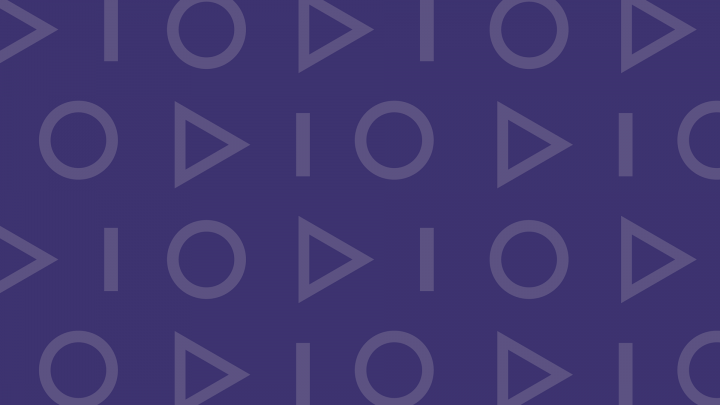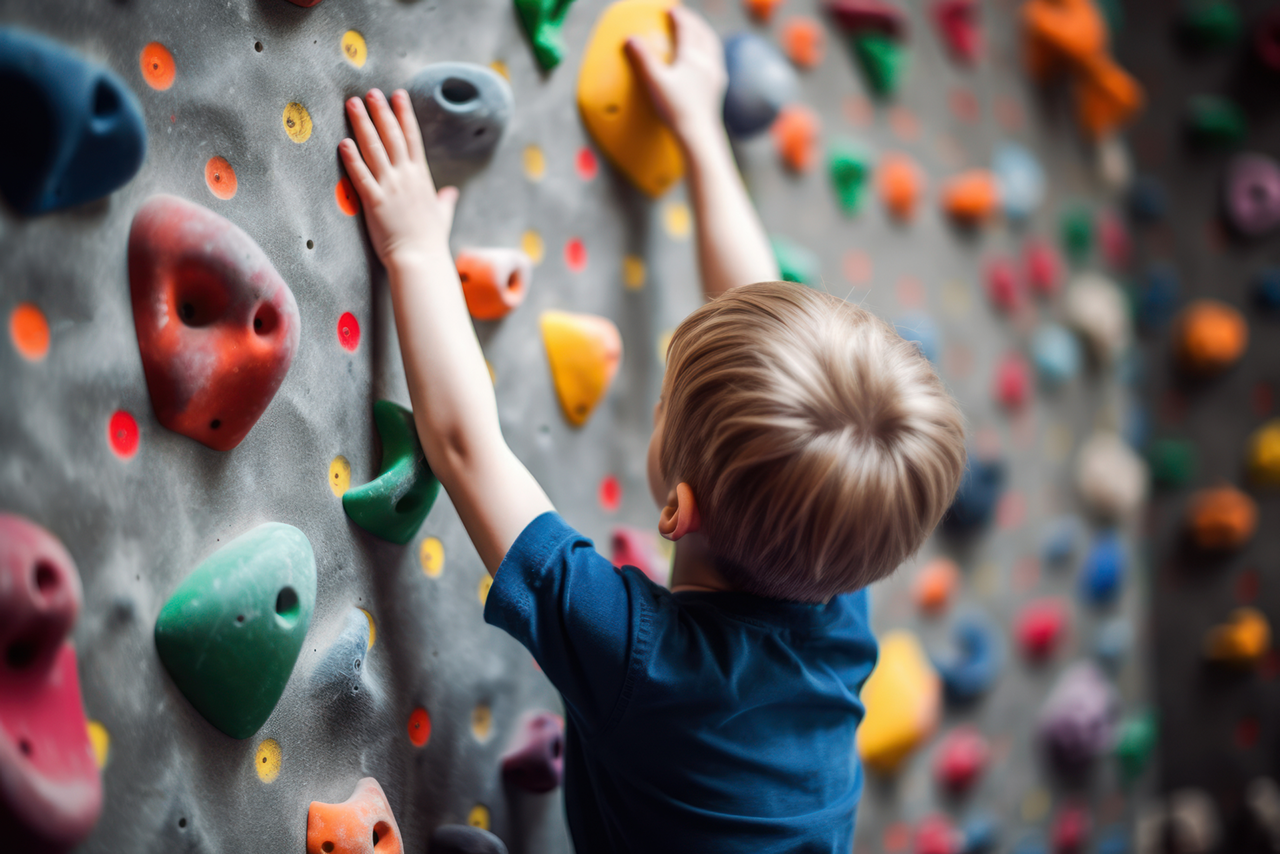FitBack is an international network of experts with the common interest to improve the
accessibility of physical fitness monitoring for young people globally.
- The group was brought together by an Erasmus+ funded cooperation project. The FitBack project carried out a review of the current practices in physical fitness monitoring and surveillance in Europe, says Tuija Tammelin, Principal Researcher at the Jamk University of Applied Sciences who leaded the Finnish part of the project.
The review was published in the Scandinavian Journal of Medicine & Science in Sports journal. Until now, there has been no aggregated information on where physical fitness monitoring for children and adolescents exists at national level and what the contents of these systems are.
- The FitBack network was an invaluable source of information for the review. We found
several previously unidentified and undescribed physical fitness monitoring and surveillance systems for children and adolescents, says Laura Joensuu, Postdoctoral Researcher at the Faculty of Sport and Health Sciences, University of Jyväskylä. Joensuu is one of the writers of the review.
- We found that the development of these systems has so far taken place as very separate processes in different countries. There is room for a coherent set of guidelines to ensure that the countries interested in creating their own system in the future have the best possible research and experience-based knowledge at their disposal, Joensuu continues.
- One very practical objective is to harmonize the methods for measuring physical fitness. The use of harmonized methods would bring many synergies, such as improving the given feedback and comparison of physical fitness across borders, Joensuu stresses.
The FitBack countries with existing monitoring systems compiled together a 10-step guideline to design and establish a national school-based physical fitness monitoring and surveillance system for children and adolescents.
- We found that building a monitoring system is a long and complex process, often lasting up to a decade. As there is international interest in developing such systems, it is hoped that a clear description of the key steps will overcome existing barriers. The FitBack network is happy to help this work, Joensuu concludes.
The nonprofit FitBack network currently consists of 23 members from 18 countries. New members are invited to participate at any time. The FitBack project developed a multilingual, free of charge web portal with relevant material for monitoring and surveillance of physical fitness in school-aged children.
Further information
Laura Joensuu, Postdoctoral Researcher at the Faculty of Sport and Health Sciences, University of Jyväskylä, Finland
laura.p.joensuu(a)jyu.fi, +358 50 436 3466
Mikko Huhtiniemi, PhD (Sport Sciences), Project Manager, Faculty of Sport and Health Sciences, University of Jyväskylä, Finland
mikko.huhtiniemi(a)jyu.fi, +358 40 805 3945
Tuija Tammelin, Principal Researcher, Jamk University of Applied Sciences, Finland
tuija.tammelin(a)jamk.fi, +358 400 247 998



